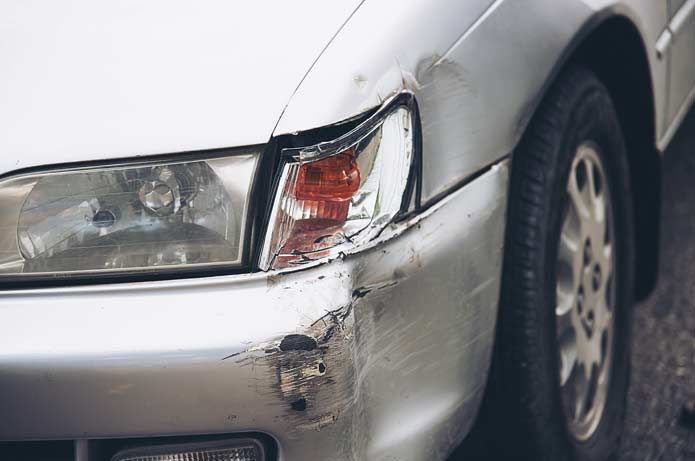Key actions
What Should You Do If You Are Involved In A Road Accident
• Legal requirements
• Key actions
• Points to consider
Accidents are something that, regrettably as motorists, most of us are likely to experience at some stage during our use of the road.
In the event of being involved in a car accident, there are certain things that, legally, you are required to do and others that, while not compulsory, are usually advisable.
Legal requirements
One thing that is for sure, however, is that your first action MUST be to stop. Should you fail to do so and drive away, the consequences to you could be pretty serious – a fine of up to £5000 or even a six-month prison sentence! Also, be careful, wherever you are, not to risk your own safety at any stage in the aftermath of the accident.
Key actions
Ideally, it is best not to move any of the vehicles involved – particularly if the Police have been called – as it will give them a chance to assess the scene, undisturbed. However, if the cars are causing an obstruction to other motorists and they can be driven, then move them to the nearest safe spot to allow the traffic to move past the accident scene.
Turn your engine off – because the accident could have made the car unsafe to drive – and switch on your hazard warning lights. If you have a hazard warning triangle, now is the time to place it on the road behind your car – ideally at a distance of at least 45 metres away from the vehicle – to warn traffic coming up behind you, unless you are on a motorway, where it is illegal.
Speak to everyone involved and check that they are OK. It’s a necessity, but also a courtesy – and it might also just give you a chance to assess the state of the other driver involved, to give you an impression of whether they could perhaps be under the influence of drink or drugs.
Check also to see if anyone needs urgent medical care. If that is the case, use your mobile phone, if you have one, to call the emergency services. If you don’t have a mobile phone, then do not be afraid to flag down another motorist for help. If people are seriously hurt, this could be the difference between life or death. Even if nobody is hurt, it might still be necessary to call the Police, especially if one or more of the cars is badly damaged and obviously can’t easily be driven away.
Once you are certain that all the people affected have been dealt with, look at all of the vehicles involved and make a note of all of the damage caused – including inside the cars if, for instance, an airbag has been deployed. If you have a mobile phone with a camera, or a camera itself then use it to record the damage (many people carry a disposable single-use camera in their glove box for exactly this situation).
Also note down the time, the location and the conditions (or take photos, which will illustrate the conditions at the time, as well as any marks on the road, or damage to the scenery, which might come into play later with the Police and insurance companies) and, of course, of the other car/cars involved – the basics being, the make, model, colour and registration number – and any damage they might have suffered. It is worth also noting any personal items that might have been damaged in the accident. Again, it’s a good idea to take photos at the time, if you can.
It is also crucial to get the names, phone numbers and addresses of everyone involved. You will also need the insurance company details of the other party or parties involved. If any third party has obviously witnessed the accident, you might also benefit from getting their contact details, particularly in sorting out any potential insurance claim.
Points to consider
An accident is a stressful event and many people, after being involved in one, want to get away from it as quickly as possible, but – presuming you are able – it is worth noting down the facts of the accident, as you see them, while you are still at the scene. A few minutes here will be time well spent later when you are having to deal with the aftermath.
Finally, something that is easy to say and often difficult to do, as emotions tend to run high, – especially if it appears someone is obviously at fault – but try to remain as calm as possible throughout. If you can manage the situation in a unruffled manner, you are likely to come out of it in the best shape overall.

